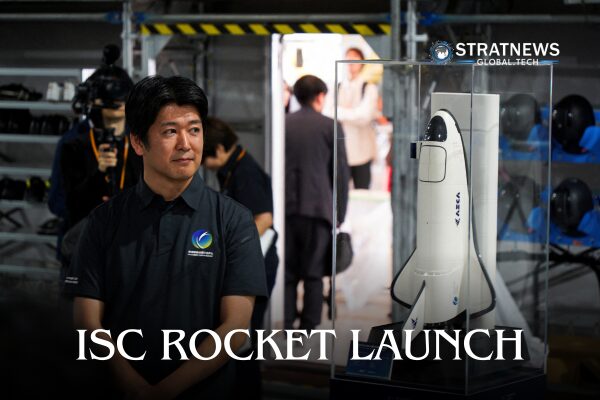Tokyo Startup ISC Aims for First U.S.-Japan Joint Commercial Launch
A Tokyo startup, Innovative Space Carrier (ISC), announced plans to test-launch a prototype reusable rocket in the United States this December. The launch will use an American-made engine, with the goal of becoming the first commercial space mission jointly operated by US and Japanese companies.
ISC’s test flight will take place at Spaceport America in New Mexico. The rocket, named ASCA 1.0, will perform a 100-metre flight and landing, using the Hadley engine developed by US manufacturer Ursa Major. This move addresses Japan’s current shortage of domestic launch vehicles and highlights growing international collaboration in space technology.
Japan’s Rocket Industry Looks to Scale Up
Japan is striving to expand its space industry to 8 trillion yen (approximately $55.4 billion) by the early 2030s. However, the lack of affordable, competitive launch options has posed a challenge. ISC, founded in 2022 by former government official Kojiro Hatada, seeks to fill that gap.
Hatada explained that the company plans to start with “ninja training-like” low-altitude tests. By 2028, ISC aims to launch orbital vehicles tailored to meet the needs of Japan’s rising satellite manufacturers. He also emphasised the importance of international cooperation, stating, “There’s no need to do everything ourselves to achieve it.”
Partnerships and Government Support Accelerate Development
ISC has formed several key partnerships, including one with British 3D printing firm WAAM3D. These collaborations aim to speed up the rocket’s development. The company has also received financial backing from the Japanese government, joining other recipients like Space One and Toyota-backed Interstellar Technologies.
The long-term plan is to reduce the cost of launching a 100kg satellite to 500 million yen. The Hadley engine, already used by Stratolaunch for hypersonic testing, has received US export clearance for use on ISC rockets.
Ursa Major’s Chief Growth Officer, Ben Nicholson, expressed optimism about the collaboration, stating, “We look forward to continuing the partnership to further safe, cost-effective access to space.”
with inputs from Reuters


